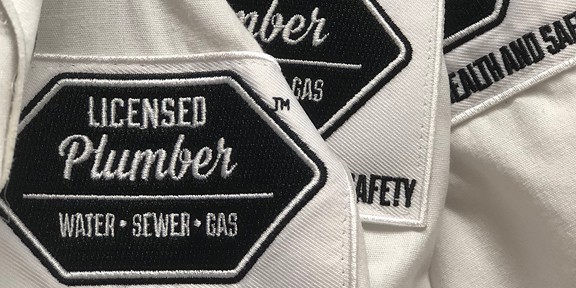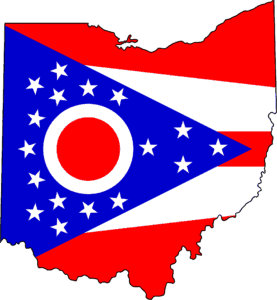
Being a lucrative career choice, plumping is offering opportunities for professionals across the country. This is motivating many high school students to take up an apprenticeship after graduating, instead of taking the four-year college degree route. Here’s how you can get your plumbing contractor’s license based on the state you’re in, for example, Indiana and Ohio. While some states have a state-based authority for licensing, others have district or area-based agencies. To learn about your specific state, you may download our free e-book here! Our e-book covers state-specific licensing regulations for Plumbers, Electricians, and HVAC.
In Indiana, the Indiana Plumbing Commission authorizes licenses, and you’ll need a license to work as a contractor. The International Code Council looks over plumbing contractors licensing and taking the journeyman plumber examinations. Before providing services, you need a state-issued license that proves you’re qualified to do so.

To take the plumbing contractor examination, you’ll have to pay an application fee of $50.
To get a plumbing contractor license, you’ll have to pay $50 or $100 based on whether you get it in an odd or even-numbered year.
You can get the Indiana plumbing license application form from the IPLA Plumbing Commission at the address or from the agency’s website.
After getting approved for the exam, schedule it on www.2Prove.com. Your exam will cover subjects, like isometric analysis, fixtures, business, drainage, vents, water supply, and water heaters. Make sure to prepare with a study guide to understand the questions you’ll get in an exam.
To get a plumbing contractor license in Ohio, you have to complete the Ohio Department of Commerce OCILB’s license test.

To become a licensed plumber, you have to give a Law and Business Exam first. To get State Board approval, you’ll need to meet certain criteria.
Once you get a license, you can work on natural gas piping, storm and sanitary drainage, and water supplies.
To apply for a license, send a filled-in application form along with the $25 non-refundable application fee. After receiving the fee, the OCILB will evaluate if you meet the eligibility criteria to take the examination.
Once you’re approved to give the exam, you should prepare for topics, like regulations, plumbing fixtures, water supply, drain piping, specialty plumbing, and isometric analysis.
Considering the examination topics, it’s important that you focus on science-related subjects and mathematics in high school. The questions on the plumbing contractor exam are multiple choice, and it’s important that you get a 70 percent score to pass.
While you might be licensed in one state, that does not make you licensed in another. Legally, you must be licensed in each state that you perform work in. For example, if you reside and are licensed in Indiana – you cannot accept a job in Ohio before you are licensed there. Don’t forget to download our FREE e-book to learn about your state-specific requirements, or states that you want to be licensed in. Our e-book covers state-specific licensing regulations for Plumbers, Electricians, and HVAC.
PHCEid.org is an advocate for the Plumbing, Heating, Cooling, and Electrical contractor to properly identify their licensed status for public awareness. Professional Contractors have the license or certification to work in homes and businesses. Without the proper certification and licensing to become a skilled trades professional, it compromises the integrity of the trade industry. The contractors listed on the PHCEid.org website are licensed or certified according to the codes and laws set forth by each governing state and/or entity. Licensed Contractors work in compliance with local and state codes set forth by their governing trade industry board. Get more information at PHCEid.org or call 844-954-2367 today!
